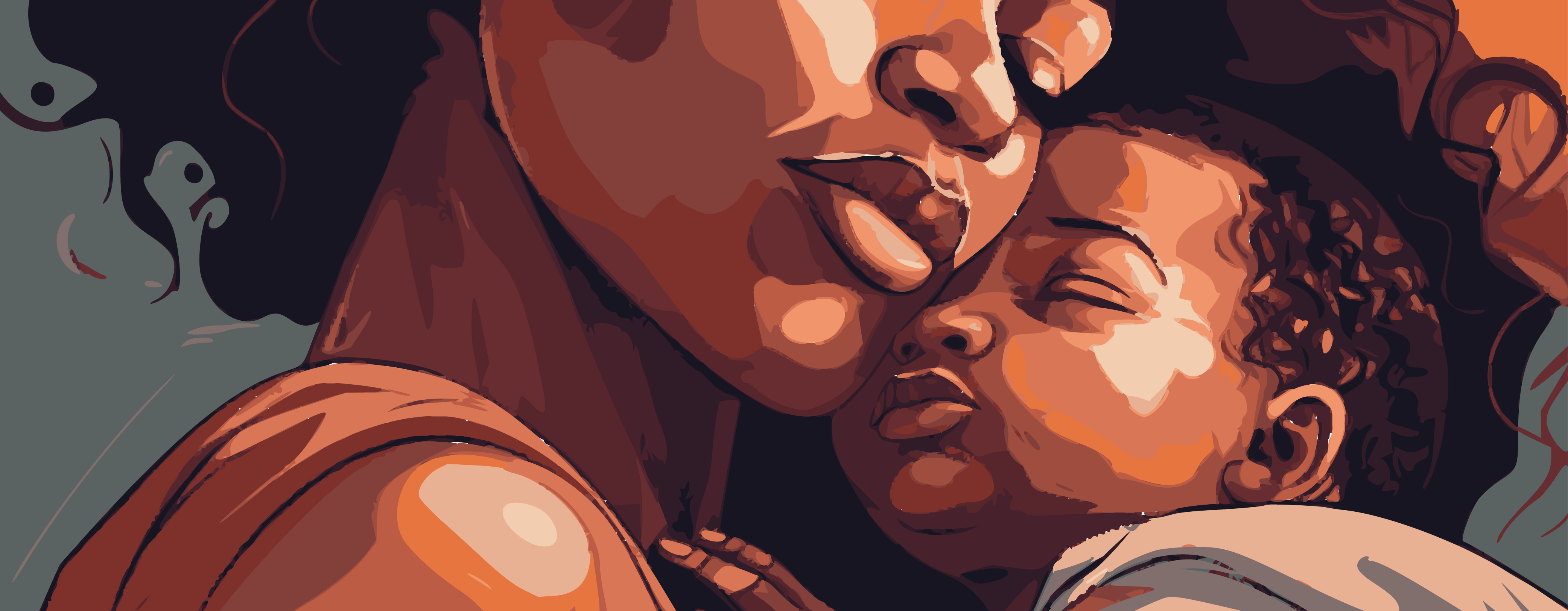Posted on April 11, 2024 at 9:09 AM, updated April 16, 2024 at 10:35 AM Print

Update: Read more about the event?on News 5 Cleveland.
In conjunction with Case Western Reserve University, the Black Maternal Health Equity Summit (BMHES) will take place at Cleveland State on Sunday, April 14, hosted by the Clinical and Transitional Science Collaborative of Northern Ohio (CTSC). The half-day event will convene stakeholders from diverse industries whose formal and informal education, along with lived and work experiences, will help drive conversations centered around finding evidence-based solutions to advance health equity for Black mothers and, consequently, all mothers.
Author Dr. Deidre Cooper Owens will serve as the keynote speaker. She is an award-winning historian, public speaker, and author of Medical Bondage: Race, Gender and the Origins of American Gynecology. She will set the stage for stories from local mothers, along with research and policy updates, challenges and opportunities. Participants can then apply their knowledge and share their own insights during a breakout session.
Dr. Joan Thoman is an Associate Professor in the School of Nursing, College of Health at CSU and leads the Community and Rural Research Partner on Development for this initiative as key personnel and serves on its Community Advisory Board. Colleagues at CWRU approached her regarding her contribution to this event, which resulted in offering CSU and the Student Center Ballroom as the venue (after consulting with Dean Stephanie Brooks).?
That’s when the ball got rolling.
“I invited my nursing colleague, Dr. Heather Rice, to be a part of the planning committee due to the focus on pregnancy and women’s health, as both have collaborated in the past on funded research studies on these topics,” she said. “Dr. Rice and I have contributed and collaborated in the past in support of community events that align with research interests and raise awareness regarding health issues.”
The statistics prove why this is such an important topic and conversation. Thoman points out that in 2019, nearly 50 Black women died in Ohio for every 100,000 live births. Almost 40 percent of Black women experience maternal mental health symptoms, roughly twice the rate of all women. With that said, planning for the summit began in the fall of 2023, with 25 statewide stakeholders committed to participating and supporting this event, with Cleveland State University School of Nursing, College of Health as one of them.
“We have a lot of objectives for the event, but some of the major ones provided by the planning committee include raising awareness about the history and current state of maternal health, along with catalyzing collaboration and future interdisciplinary research opportunities in the maternal health space,” said Thoman. “We also hope to foster environments where various stakeholder groups can have shared learning experiences and discussion about maternal health challenges and solutions leading toward research project possibilities.”
This is the second such event, and while Thoman did not attend the fall event, she heard from others who did that it was well received and that the partners involved immediately began planning the second event, especially bringing back Cooper Owens.
“I obtained her book, which gives an account of how women in the United States were, in essence, experimented on without their consent regarding gynecological procedures and without anesthesia; many were slaves and given no choice, hence the term ‘medical bondage,’” said Thoman. “These women, however, helped to inform present-day advances and practices in the field that are used to this day.”

